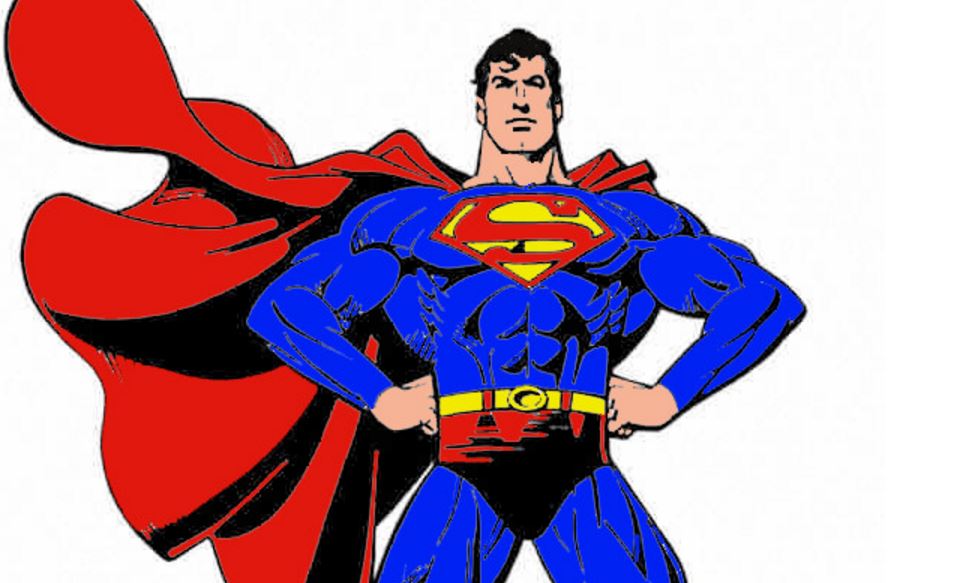How democratic is the Democratic Party? Thanks to the pivotal role of unelected “superdelegates” in the party’s nomination process, the question has dogged both Democratic officials and likely nominee Hillary Clinton for months. That’s because superdelegates hold the balance of power in this year’s nomination. Among pledged delegates—meaning those who are elected by the voters through state primaries and caucuses—Clinton leads opponent Senator Bernie Sanders by fewer than 300 votes. But that doesn’t include the party’s overwhelmingly pro-Clinton superdelegates, an agglomeration of elected officials, Democratic strategists and various other functionaries who can vote at their own discretion. If a majority of the 719 superdelegates moved into the Sanders camp, he would be the undisputed nominee. Many Sanders backers have attacked the superdelegate system as a subversion of representative democracy by party elites. The protest group MoveOn.org, which endorsed Sanders, has circulated a petition calling on superdelegates to “let the voters decide” and to withhold their support from either Sanders or Clinton until the the last state primary is over. Sanders himself has occasionally argued that superdelegates should be obligated to vote for whoever wins the primary or caucus in their home state, which would give him more of their votes. …
Democratic Party’s Superdelegates—History and Impact

